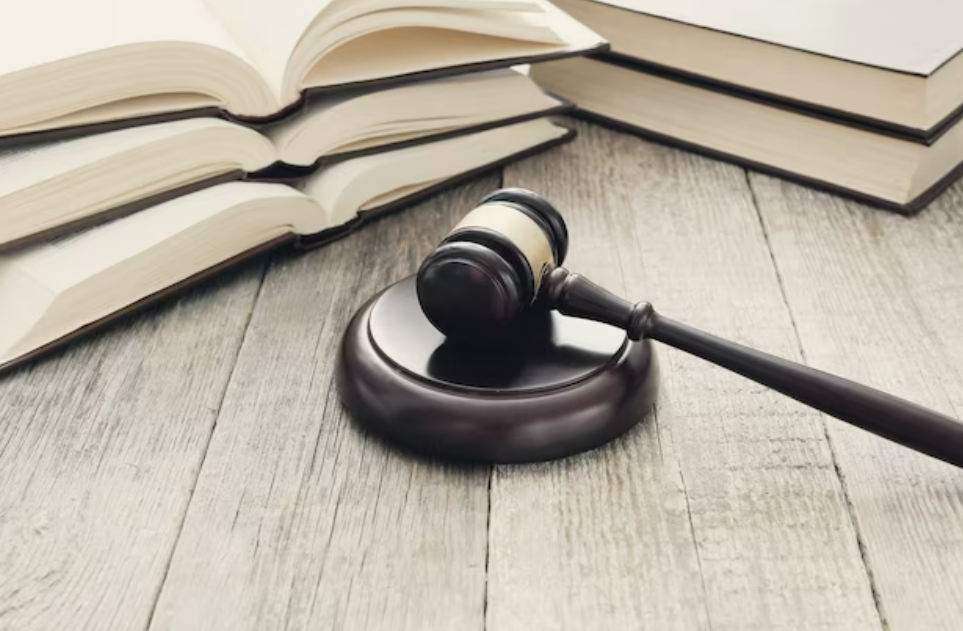Shielding the Vulnerable: Decoding Domestic Violence Protective Orders in Virginia

Introduction:
In the ongoing battle against domestic violence, protective orders serve as a crucial legal tool to shield the vulnerable. This article aims to demystify the intricacies of domestic violence protective orders in Virginia, shedding light on the process, eligibility criteria, and the protective measures they offer.
Understanding Domestic Violence Protective Orders:
Domestic violence protective orders, commonly known as restraining orders, are legal injunctions designed to protect individuals facing domestic abuse. In Virginia, these orders play a pivotal role in providing immediate relief to victims and preventing further harm.
Eligibility Criteria:
To obtain a domestic violence protective order in Virginia, the petitioner must have experienced abuse or reasonable fear of harm from a family or household member. The term "family or household member" encompasses a wide range of relationships, including spouses, former spouses, parents, children, and individuals who cohabit.
The Application Process:
Initiating the process involves filing a petition at the local court. The petitioner must provide a detailed account of the abuse and present evidence supporting the need for a protective order. The court then reviews the case promptly, recognizing the urgency of such matters.
Emergency Protective Orders (EPOs):
In cases of immediate danger, Virginia courts issue Emergency Protective Orders (EPOs), granting immediate protection to the petitioner. EPOs are typically valid for 72 hours, providing a temporary shield while the court assesses the situation and determines the necessity of a longer-term protective order.
Types of Protective Orders:
Virginia recognizes different types of protective orders, including Preliminary Protective Orders and Final Protective Orders. Preliminary orders provide protection until a full hearing can be conducted, while Final Orders can extend protection for up to two years.
Violation Consequences:
Violating a domestic violence protective order in Virginia carries severe consequences, including criminal charges. Law enforcement agencies rigorously enforce these orders to ensure the safety of the petitioner.
Conclusion:
Decoding domestic violence protective orders in Virginia is essential for anyone navigating the challenging terrain of escaping an abusive situation. These legal safeguards are instrumental in providing swift protection to those who need it most, shielding the vulnerable from further harm and offering a path towards a safer future.
- Industry
- Art
- Causes
- Crafts
- Dance
- Drinks
- Film
- Fitness
- Food
- Games
- Gardening
- Health
- Home
- Literature
- Music
- Networking
- Other
- Party
- Religion
- Shopping
- Sports
- Theater
- Wellness
- News


